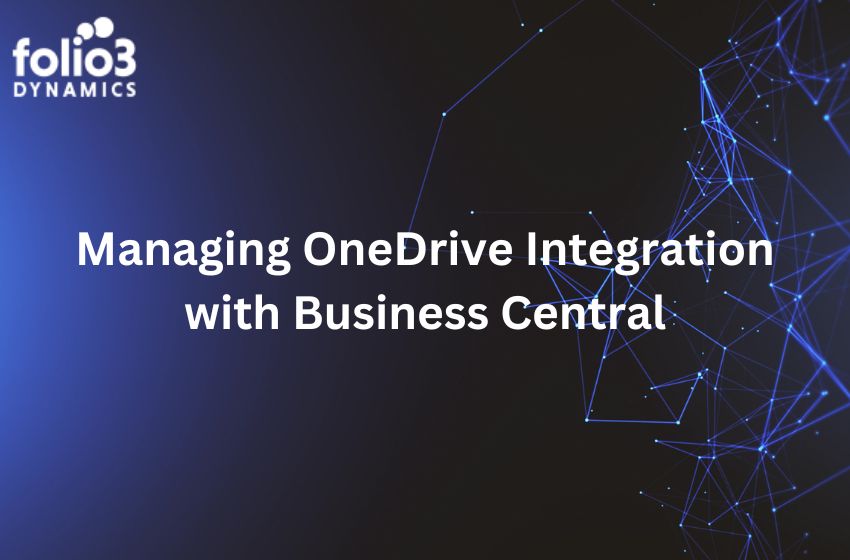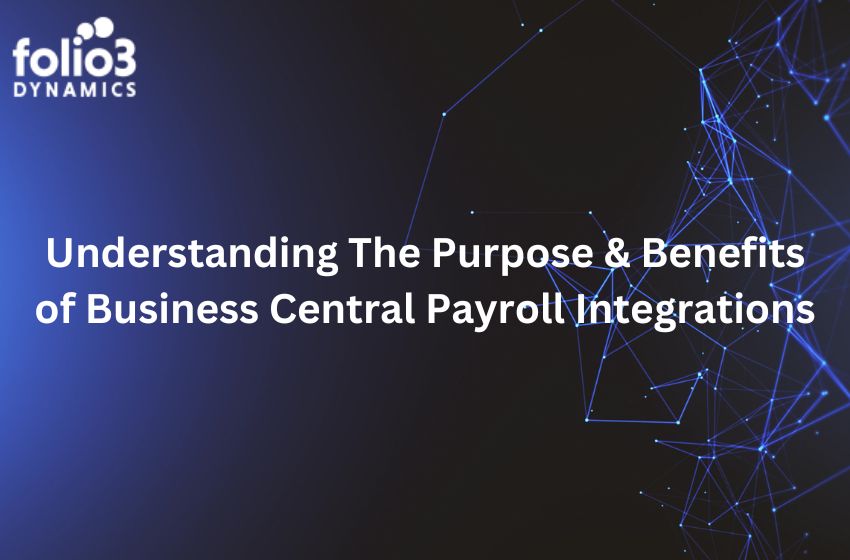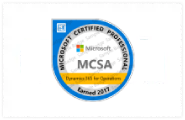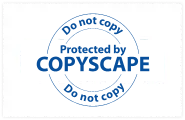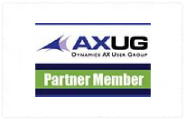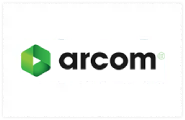If you are an online store owner, you must be familiar with the word “e-commerce”. Also, since you are running an ecommerce store, you must have at least some basic familiarity for the CRM (customer relationship management).
Now, if we are to merge these two terms, i.e. ecommerce and CRM, we get one of the most essential pieces of software “ecommerce CRM”. An ecommerce CRM is a software that enables online businesses to store, access, and control customer relationship data for better customer relationships. The centralized repository for customer data can then be used to offer customers a more personalized sales approach and improve sales and revenue for the business. Online businesses benefit greatly from Best Shopify crm software by having a cloud-based repository of clients’ data which can be accessed by multiple team members from anywhere, anytime and through any device, thus greatly improving the efficiency and productivity of the team, while also empowering them to create a more customized marketing approach.
Here in this blog, we have come up with everything online businesses need to know about ecommerce CRM software and how it can help improve your store’s efficiency in reaching out to customers in a personalized manner.
We will also be looking at some major differences between traditional CRM and eCommerce CRM software such as Microsoft Dynamics, looking at technical aspects that make ecommerce Customer relationship management (CRM) software a superior choice than traditional software, and then we will end up with the list for some of the best CRM for ecommerce.
What is Traditional CRM?
When we are talking about traditional CRM, we are looking at software that is:
Developed for salespeople
The ultimate objective of traditional CRM is to act as a catalyst for salespeople and improve their capacity to connect with the prospective customers; even when it means to simply connect with the prospect through cold sales pitch
Burdensome
While the traditional CRM may help connect salespeople with prospective clients more efficiently, on a whole, these software are quite complex and unwieldy, which makes learning and working through this software a prodigious challenge on itself.
Is focused on traditional marketing
When we talk about traditional CRM software, they are mostly restricted to traditional communication mediums like phone calls and emails. They mainly store information on customers’ outreach history, which is an archaic way (to say the least) of getting connected to customers.
What is eCommerce CRM software?
When we are talking about Ecommerce CRM, we are looking at a software that is:
Designed to connect brands to the clients
Today’s ecommerce industry is all about reaching out to potential customers in a more personalized approach. Prospects today aren’t looking for pushy or sales pitches, rather they are looking for a more interactive and personalized marketing message that they can relate to and get connected instantly.
Easy to use
Modern-day online stores require agile and interactive software that can be used by all team members like a pro without any technical glitches. The Ecommerce CRM comes with an intuitive user-interface, robust, and easily navigable features and 24/7 customer support, to maximize the efficiency and productivity of the business and increase sales & revenue.
Developed with modern technology
Phone calls and emails aren’t sufficient communication channels in today’s digital era. Instead, brands are looking to get connected with the target audience over as many platforms as possible and in the most interactive manner. Modern ecommerce CRM enables brands to automate multi-channel marketing techniques to get connected with the customers over various mediums like social media platforms to personalized landing pages, and from personalized email campaigns to targeted Google Ads. With powerful analytic tools, it’s easier than ever to unveil the customers’ preferences and buying patterns and come up with even more targeted and personalized marketing campaigns.
Ecommerce CRM Benefits and Advantages for Startups, SMEs and Enterprises
Still not sure if you are ready to go with a dedicated and state-of-the-art ecommerce CRM software? Well, here are some great benefits of integrating ecommerce CRM for your online store:
-
Customer Segmentation
Have you ever observed that the moment you log into your social profiles or make a search query of Google, how you are flooded with highly-relevant and targeted ads, almost pushing you to click? Now, have you wondered how they are able to target such targeted ads? That’s because search engines and social platforms learn from our search patterns and activities to learn more about our preferences and present us with the most relevant Ads, which we are looking for.
Similarly, ecommerce CRM software enables you to create segments of your clients based on past actions, gender, spending history, interests, and priorities of the clients. This subsequently helps you create a personalized marketing campaign for each segment and improve conversion rates.
-
Access Detailed Information
You need deep analytics and data from your store to be able to take appropriate actions. For instance, how many visitors landed on your website? How many of them added a product to the shopping cart? How many abandoned the cart? And much more.
All of this data gives you vital insights into the customers’ preferences and shopping patterns, which you can subsequently use to design customized marketing campaigns and regain lost customers by sending them polite reminders or even lure them back with some incentives.
-
Time Efficiency
According to one research, most of the productive time of salespeople are spend on resolving administrative or technical issues, whereas, they are only left with 10% time to concentrate on active selling.
This isn’t just a huge concern for salespeople but for the entire organization, which directly translates into lower sales and revenue for the business.
In such situations, a professional and robust Ecommerce CRM software comes to the rescue by automating the various processes involved in the sales funnel. This leaves salespeople with more time to focus on their main responsibility i.e. sales and thus produce better results for the company.
-
Social Media Interactions
Running an online store without active social media management is just like draining your money. Social media is one of the most powerful and critical marketing and branding nodes for all ecommerce businesses, where they get to interact with their customers and build their brand image.
Today, a large portion of online traffic is directed to ecommerce stores through social media platform and thus it’s important to maintain an effective presence on various social platforms. This won’t just help you to improve your reach massively but also enable you to connect in a more personalized manner with your customers and build your brand’s image. Ecommerce CRM offers online businesses with an integrated social media management platform, which can effectively prove to be a game-changer for your business.
-
Payment Data
If you want more sales from your online business, you need to have multiple online payment gateways, as a means to offer customers more flexibility. A comprehensive Ecommerce CRM system enables online businesses to integrate all major transaction gateways into their business, thus building credibility and improving conversion rates.
Disadvantages and Cons of Ecommerce Customer Relationship Management
While there are various benefits and advantages of ecommerce customer relationship management (CRM) software, there are some disadvantages as well, including:
Minimize the human element in your business
While, everyone boosts the benefits of automating the systems and processes for your online business (which we also recommend as a great option), one of its disadvantages is that it almost excludes the human element from the processes. This may come as a negative point especially when dealing with customers, where you always need a human touch for more personalization. I mean, there’s always a difference when a customer gets connected to an automated chatbot or a real person as a customer representative. Thereby, businesses may need to keep up at least a minimal presence of human elements in their sales processes.
Security Concerns
While much has been done to address the cybersecurity concerns and make ecommerce platform as safe and possible. Still, since it’s a centralized cloud repository there remain concerns for breaches at all times. And while a professional and robust ecommerce system has built-in security features to negate such attempts, still it’s important to maintain a backup for all the data stored in the CRM; to ensure your business continuity even in case of a security breach.
Employees training
Despite the fact that modern-day ecommerce CRM software developed and designed to offer intuitive user-interface and interactive user-experience, still understanding the full functionality of the CRM will require a thorough employee training program, which will help businesses to squeeze the most benefit from the CRM.
Folio3 is Your Best CRM for Ecommerce Integration Partner
Folio3 is a leading CRM integration partner for leading eCommerce CRM software including Dynamics AX Magento, Dynamics NAV Magento Integration, and Dynamics AX Amazon integration. We got a powerful and integrated approach with customized engagement models to bring in full-value to our clients. Powered by data-driven technology, we uncover new opportunities for your business and transform all aspects of your customer relationship management processes. Over the decades, we have helped hundreds of online businesses to build Microsoft Dynamics 365 robust ecommerce stores, drive more traffic to their website, and improve customer retention. Our completely transparent and open approach towards clients makes us stand out amongst the other CRM solution providers in the industry. Our expert developers are fully capable of creating innovative integration models for high-impact and powerful CRM solutions that develop brand loyalty.
Choosing the Best CRM for E-Commerce
Now that you understand the difference between traditional and ecommerce CRM software, one important thing to note is that not all ecommerce customer relationship management are equal. Thereby, below we have come up with some important considerations to choose the best CRM for ecommerce.
- Time, effort and cost required
Remember, ecommerce CRM is meant to make your life easier and not difficult. Thereby when choosing a CRM for your ecommerce store, make sure it is easily integrated with your existing systems and start right away. Many cloud-based CRM can help you with these considerations, whereas, if you decide to go with the on-premises system, you would need higher time, cost, and efforts to put one in place.
- User Friendliness
As mentioned above, the CRM needs to have an intuitive user-interface and offer interactive user-experience to help all team members understand and implement the full functionalities of the CRM. Thereby, when you are looking to integrate a new ecommerce CRM for your business, make sure it comes with a clean interface with powerful yet easy to implement features.
- Integration
Another important consideration while choosing a CRM for your ecommerce store is to ensure it’s compatibility and integration with existing systems and processes. Check out if your desired CRM will be able to work seamlessly with other existing software and you won’t require wholesale changes to your existing resources.
- Mobility
Mobile accessibility is a must feature for all cloud-based CRM. It’s important because it enables the team to access key data on the go, thus greatly improving the productivity and efficiency of systems and processes.
- Customization
No two businesses are alike and similarly, there is no one-size fit for all CRMs. It’s important to choose an ecommerce CRM system that can be customized as per your unique business needs. Many modern-day CRM enable businesses and finance to customize the features and functionalities of the CRM as per their needs by adding or removing features or putting more filters for better data analytics and user experience.
Best CRM for E-Commerce List 2022
- Microsoft Dynamics 365 CRM
- Salesforce
- NetSuite CRM
- Zoho
- Act!
- HubSpot
- SAP
- Maximizer
- ReadyCloud
- FreeAgent CRM
FAQs
What are 5 of the most common mistakes that occur when integrating a CRM with ecommerce platforms?
Some of the most common mistakes that occur while integrating a CRM with ecommerce platform includes: Not identifying the real business problems A wrong approach to integrating the CRM Not considering the preferences and needs of end-users Going with a CRM that’s not scalable Not integrating for social media platforms
How is an ecommerce business affected by SCM, CRM, and ERP?
The best benefit of SCM, CRM, and ERP integration is that it offers businesses a detailed insight into customers’ buying journey. From gaining a lead to closing the sales funnel and for after-sales support to finance and accounting needs, these dedicated software enable businesses to keep up with the customers’ needs and develop robust systems and processes to improve customer experience and enhance retention rates.

